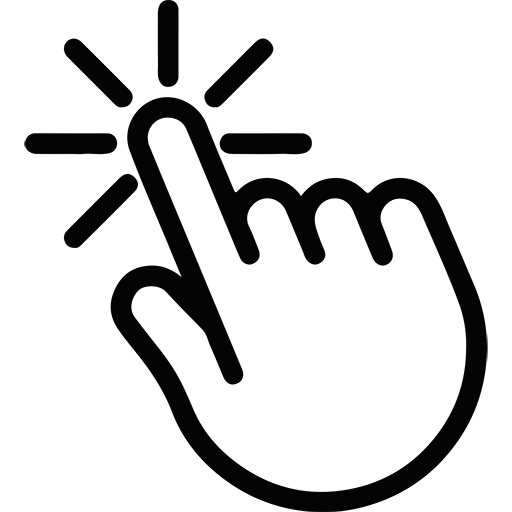Straight From the Expert: Dr. O'Connell on TNKase for Acute Ischemic Stroke
Daniel O’Connell, medical director of the stroke program, is leading the charge in adopting TNKase, the preferred and equally effective treatment for stroke.
About Daniel E. O’Connell, MD, MPH
A native of Worthington, Ohio, with deep roots in the Mid-Ohio Valley, Dr. O’Connell joined Memorial Health System in 2022 and later became the medical director for the Stroke Program in 2023. He earned his undergraduate degree from Vanderbilt University in Nashville, Tennessee, before attending medical school at Loyola University Chicago Stritch School of Medicine in Maywood, Illinois. He then obtained a Master’s of Public Health from Brown University in Providence, Rhode Island. His medical internship was completed at New York Medical College in Valhalla, New York. He went on to complete his neurology residency and fellowship at University of California – Irvine (UCI) in Irvine, California, and University of California, Los Angeles (UCLA) in Los Angeles, California, respectively.

Dr. O’Connell was honored with the Stroke Care Excellence Award by the American Heart Association and American Stroke Association while still a second-year neurology resident in Orange County, California. Additionally, he serves as a U.S. Air Force Flight Surgeon in the military reserves. Memorial Health System is incredibly proud to welcome him back to the region as an experienced and very active board-certified neurologist to help care for our inpatient and outpatient stroke service needs.
“When it comes to treating acute ischemic stroke, clot buster medicines are a significant advantage. For years, the most common therapy for eligible patients presenting with symptoms of a stroke has been tissue plasminogen activator (tPA). This tPA is a type of medication produced through recombinant DNA technology that works to destroy a blood clot and restore blood flow to the brain. It is administered through an IV and can be given up to 4.5 hours after someone first shows symptoms.
Now, advances in medicine have brought forth a different therapy that is becoming the new standard of care—tenecteplase (TNKase). Like tPA, TNKase is a clot buster medication used for acute ischemic stroke, with the major logistical advantage that it can be given over a single IV push within five seconds, as opposed to tPA which requires just over an hour’s time to fully administer. The faster route of administration, without sacrificing safety or effectiveness, has been well received. Our team is proud to report that as of June 2024, MHS nursing and pharmacy staff have fully integrated TNKase already to the benefit of many of our patients coming in from both Ohio and West Virginia.”
The Shift from tPA to TNKase
We have successfully shifted to using TNKase in our Emergency Departments for patients with suspected acute ischemic stroke who meet the appropriate criteria. Now seen as the preferred therapy option, TNKase aligns with both clinical evidence and care efficiency.
Clinical Superiority
Recent studies comparing the medicines have demonstrated equal or superior outcomes with TNKase. Differences have been most notable in the rate of clot resolution, as determined through imaging, and the patient’s clinical recovery.
Efficiency in Care
Administering TNKase as a single IV push reduces treatment complexity and potential delays of care. This is especially important in stroke care because every second saved can prevent irreversible damage.
Aligning with National Trends
Many leading stroke programs nationwide have already adopted TNKase as the preferred method of treating stroke. By also aligning with this practice, we continue to remain at the forefront of stroke care innovation for our community, providing the best possible care right here at home.
More on TNKase
TNKase works similar in function as previous therapy with tPA. Both medicines work by dissolving the blood clot that blocks blood flow to the brain during a stroke and thereby restores circulation and minimizes brain damage. The key difference between the two medicines is that TNKase is made to specifically bind the primary protein in blood clots, which has now proven to have greater benefit in treating stroke symptoms while preserving safety.
Another major advantage of TNKase is the method in which it is administered to patients. Unlike tPA, TNKase can be given without a maintenance IV infusion, hence its preferred choice in the busy emergency setting.
As outlined by Dr. O’Connell, TNKase therapy is the latest evidence-based practice for treating stroke. With this, patients can expect:
- Faster treatment – streamlined administration to ensure quicker delivery of care in emergencies
- Improved outcomes – beyond speed of administration, a growing number of studies further indicate enhanced quality of life post-stroke with no increased risk associated with TNKase usage
Featured From This Issue
-
Spring 2025
When Seconds Matter
-
Spring 2025
Built For a Lifetime of Adventure
-
Spring 2025
Expressions of Gratitude: Brenda Paden
-
Spring 2025
Osteoporosis: Q&A With Angela Miller, DNP
-
Spring 2025
LiveMemorialWell: Move It To Lose It with Deanna Schuler!
-
Spring 2025
Respiratory Illnesses on the Rise: What You Should Know
-
Spring 2025
Memorial Health Foundation: 2023-2024 Fiscal Year in Review





